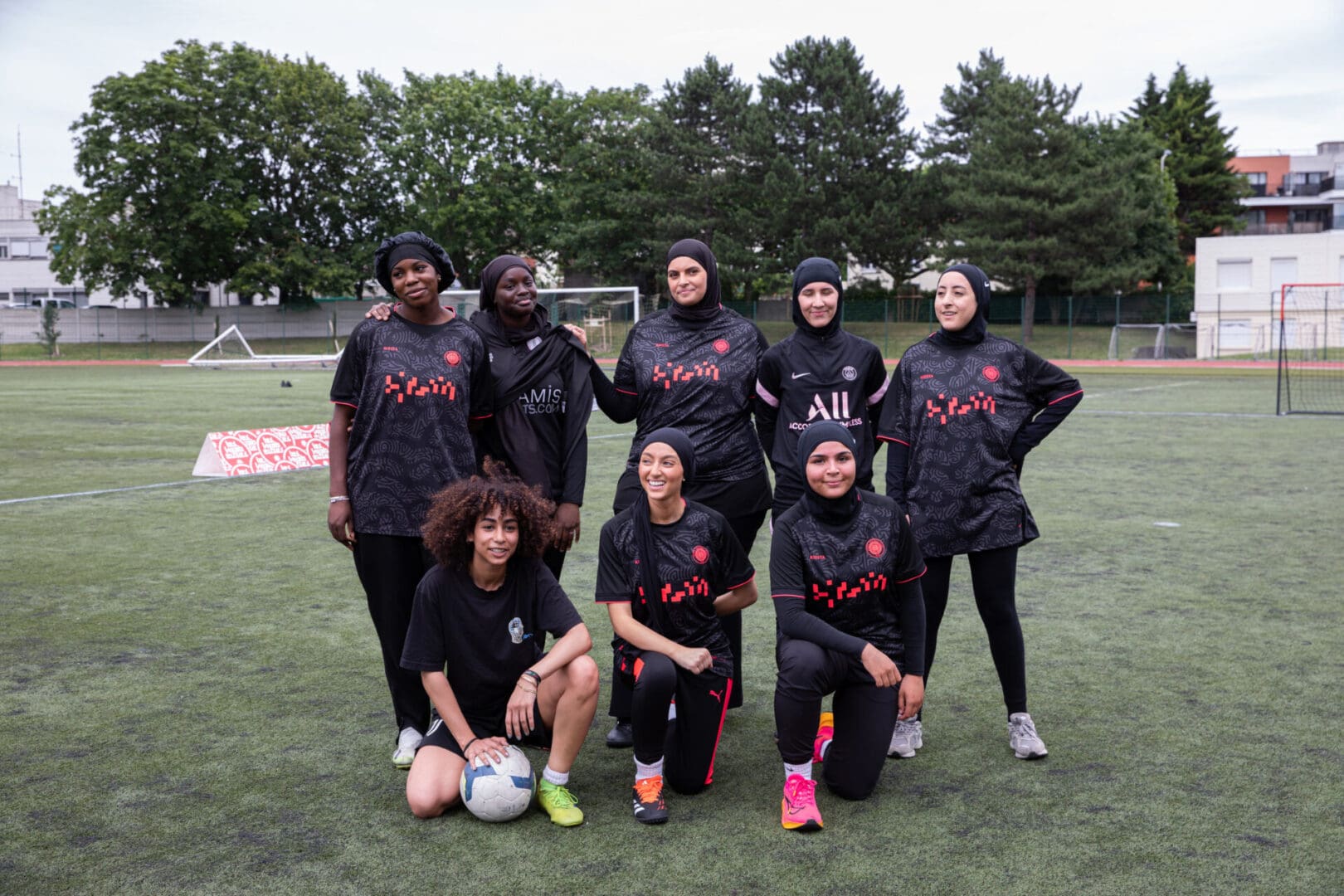




On November 2, 2024, a female student from Tehran Azad University of Science and Research was arrested after staging a bold protest against harassment by stripping to her underwear outside the university. This incident occurred after she was reportedly harassed by members of the Basij militia, who ripped her headscarf and clothes. Videos circulating on social media depicted her walking in the street in her underwear, shocking onlookers and drawing attention to the ongoing struggle against Iran's mandatory dress code. Iranian authorities confirmed the incident, stating that she was wearing 'inappropriate clothes' and stripped after being warned by security guards. The university's public relations director, Syed Amir Mahjoub, claimed that the student suffers from a psychological disorder, and reports indicate she may have been transferred to a psychiatric hospital following her arrest. Amnesty Iran has called for her immediate and unconditional release, citing concerns over her treatment during arrest, including allegations of torture. The Amir Kabir newsletter claimed that she was beaten during her arrest, further highlighting the violent repercussions faced by women protesting against the regime's strict dress codes. This protest is part of a broader wave of women-led demonstrations that have intensified since Mahsa Amini's death in custody in 2022, which sparked nationwide protests under the slogan 'Women, Life, Freedom.' [d634fdfa]
As the second anniversary of Amini's death approaches on September 16, 2024, Iranian women continue to defy the government's hijab laws, with many choosing to remove their hijabs, especially after sunset. The newly elected President Masoud Pezeshkian, who took office in July 2024, has promised to reduce harassment against women, yet the Supreme Leader Ayatollah Ali Khamenei maintains strict control over societal norms. The government's efforts to enforce hijab laws have led to increased surveillance and enforcement actions against women who defy these regulations. Sociologist Simin Kazemi noted that the hijab issue is becoming a more prominent topic in public discourse, indicating a shift in societal attitudes towards women's rights and personal autonomy in Iran. [6855051a]
In Afghanistan, the Taliban has codified new morality laws requiring women to cover their faces in public and men to grow beards. This 35-article law, enforced by the Ministry for the Prevention of Vice and Propagation of Virtue, includes severe penalties for violations, such as detention and property confiscation. Reports indicate that over 13,000 individuals have been detained for various infractions in the past year, underscoring the Taliban's stringent approach to morality and public conduct. The international community has condemned these ongoing restrictions on women's rights since the Taliban's takeover in 2021, raising concerns about the implications for gender equality and human rights in Afghanistan. [cfe259e1]
In Iran, the return of the morality police has reignited protests and controversy, with reports of harassment and violence against women who defy hijab laws. The anniversary of Amini's death has sparked renewed discussions about religious freedom and women's rights, with the UN criticizing Iran's dress code laws as a form of gender apartheid. [3f840cf7]
Meanwhile, in Saudi Arabia, women's rights activist Manahel Al-Otaibi has been sentenced to 11 years in prison for her choice of clothing and social media posts advocating for the end of the male guardianship system. Al-Otaibi was arrested in November 2022 for violating anti-cyber-crime laws by wearing 'indecent clothing' and promoting the hashtag 'Abolish male guardianship.' Human rights groups have condemned her sentencing, calling for her release and highlighting the ongoing repression of women's rights in the kingdom. [a082c0fb]
In France, the ban on women athletes wearing hijabs has faced scrutiny ahead of the Olympic Games, with Amnesty International criticizing the policy as discriminatory. The bans extend to several sports and have resulted in many women dropping out of sports they love. The International Olympic Committee has refused to intervene, stating that the issue falls outside its remit. Amnesty International has urged the French authorities to overturn these bans, emphasizing the negative impact on the participation of Muslim women and girls in sports. [be064a35]
In Algeria, athlete Imane Khelif faced a gender controversy during the Olympics, with allegations regarding her biological sex. The IOC cleared her to compete, but she has since been subjected to online harassment. French prosecutors have opened an investigation into the cyber harassment she faced, marking a broader concern about hate crimes connected to the Olympics. Khelif's case highlights the ongoing challenges faced by athletes regarding gender identity and rights in sports. [3f840cf7]